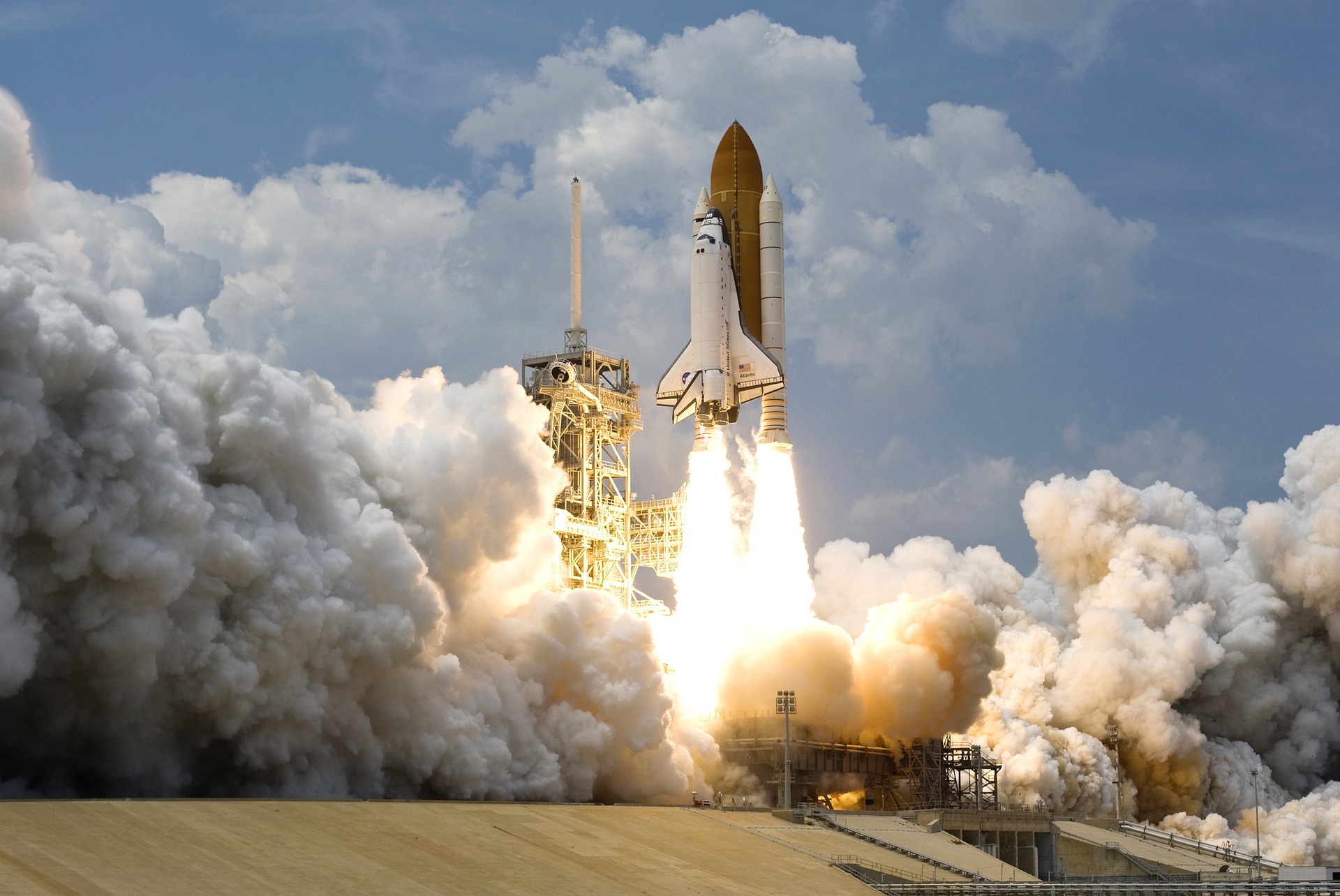The recent event organized by the Federation of German Industries (BDI) on the topic of space met with an overwhelming response – a clear sign of German industry’s growing interest in space. Space technology, long the domain of government programs and a few private companies, is increasingly developing into a dynamic and diverse field that goes far beyond traditional space travel. A new study by management consultants Roland Berger and the BDI reveals the enormous economic potential of space for industries such as automotive, healthcare and agriculture. By 2040, the global space economy could open up a market worth 1.25 trillion euros.
This development is comparable to China’s rapid rise as an economic power. Just as the opening up of China decades ago offered new markets and opportunities for companies worldwide, space technology could mean a similar change for the German economy. BDI President Siegfried Russwurm emphasizes the need to see space travel as an industrial and economic policy issue and calls for greater ambition from both politics and business.
The study shows how data sent to and from satellites could grow to 500 exabytes by 2030. This data stream offers enormous potential for new business models and innovations in a wide range of sectors.

Three key areas in which space technology could open up new opportunities for the German economy are:
-
Autonomous cars and smart mobility: in an industry facing major challenges due to electrification and digitalization, satellite-based communication and data could play a decisive role. A market potential of 217 billion euros is forecast for the automotive industry by 2040.
-
Internet of Things and telemedicine: The consumer sector is likely to experience the greatest growth, with an increase from 117 billion euros in 2021 to 791 billion euros. Satellite data not only enables new consumer applications, but also advances in telemedicine that could revolutionize healthcare in remote areas.
-
Energy and infrastructure: Accurate data on renewable energy is essential for achieving climate targets. Space technology can be crucial in the planning and monitoring of wind farms, solar plants and other critical infrastructure.
Despite this enormous potential, space travel in Germany is facing challenges, including budget cuts and a space strategy that experts criticize as being too general. But the opportunities outweigh the obstacles. The space industry not only offers the opportunity to create a German equivalent to SpaceX, but also a reliable infrastructure for the 21st century economy.
German industry is at the dawn of a new era of digitalization, driven by space technology. To seize this opportunity, it is crucial that government and business work together to establish Germany as a leading space nation.
